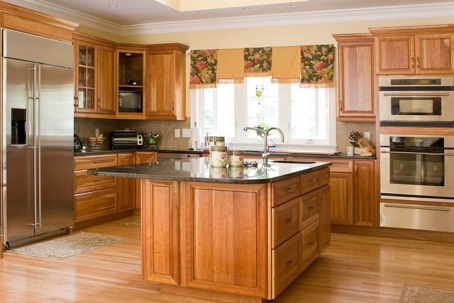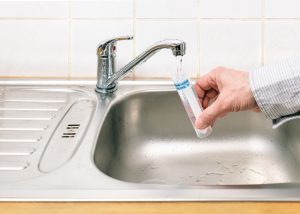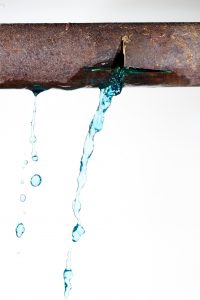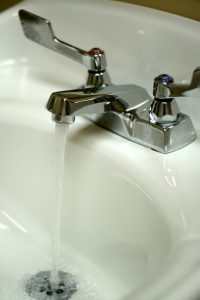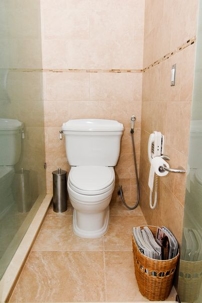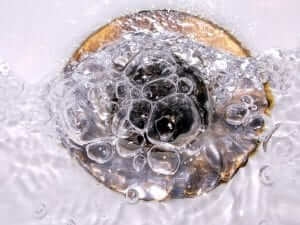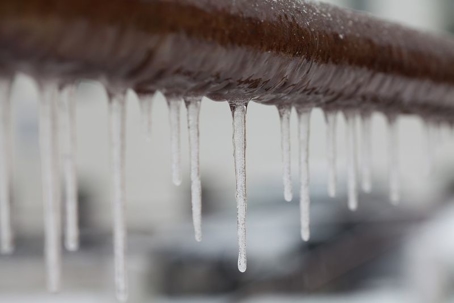The kitchen contains an enormous amount of plumbing fixtures and they undergo a huge amount of work during the year, and especially during holiday seasons and other times when big meals are being prepared. When a plumbing problem starts in the kitchen, it’s a serious issue that needs to be addressed as soon as possible. And even if the problem seems minor, it will need to have a professional plumber address it.
Below, we’re going to look at the kitchen plumbing issues that happen the most often. The types that we’re used to dealing with. Although there are some simple repairs you can do on your own, we don’t recommend grabbing a set of tools and trying to go DIY on the problem. A professional can get the job done right the first time, and get it done fast.
A leaky faucet
This is one of the kitchen plumbing troubles that you may be able to fix on your own. The faucet head may only need to be tightened or the washer replaced. But if the faucet is leaky around its base, you probably shouldn’t attempt to disconnect the faucet to attempt to figure out what’s wrong. (It’s likely the O-ring that seals the faucet’s base has worn down.) Let a professional do the work.
Low water pressure
You turn on one of the faucets in your kitchen and find that the water pressure is extremely low. There are a couple of reasons this could be happening, and we recommend you check other taps in the house to see if the problem is occurring elsewhere. If it is, it may be a temporary municipal water problem—or it could be a leak in the water main, which is a big emergency that needs professionals right away. If you are only having trouble with the one sink faucet, check the aerator in the faucet. It can become clogged with minerals and cause the water pressure drop. Clean out the aerator and see if this fixes the trouble.
Broken garbage disposal
If a garbage disposal won’t turn on, press the reset button on the bottom of the unit. This is a circuit breaker that trips if the motor of the disposal creates a voltage surge. If the disposal trips the breaker again, call professionals. If the disposal is jammed, don’t put your hand down in it to try to dislodge something. It’s safer to let a plumber look into it. You may need to have a new disposal installed rather than keep fixing an old one.
Drain clogs
You know about these. They’re almost impossible to avoid in a kitchen at some point, no matter how careful you are about keeping food waste and fats, oils, and grease out of the drains. Kitchen sink drain clogs can be obstinate and impossible to remove using a basic plunger or hand-cranked drain snake. (Don’t use store-bought chemical cleaners at all!) Let professionals handle the drain cleaning to keep your kitchen plumbing in great shape.
The Frederick, MD plumbers to call when you need to conquer a kitchen plumbing problems are right here! We handle everything from simple kitchen plumbing repairs to more extensive jobs such as installing new sinks, pipes, and garbage disposals. We’re the local service contractor of choice!
Mallick Plumbing & Heating serves Maryland, Virginia, and the District of Columbia with quality plumbing.

